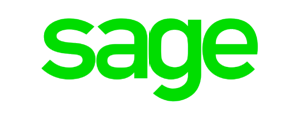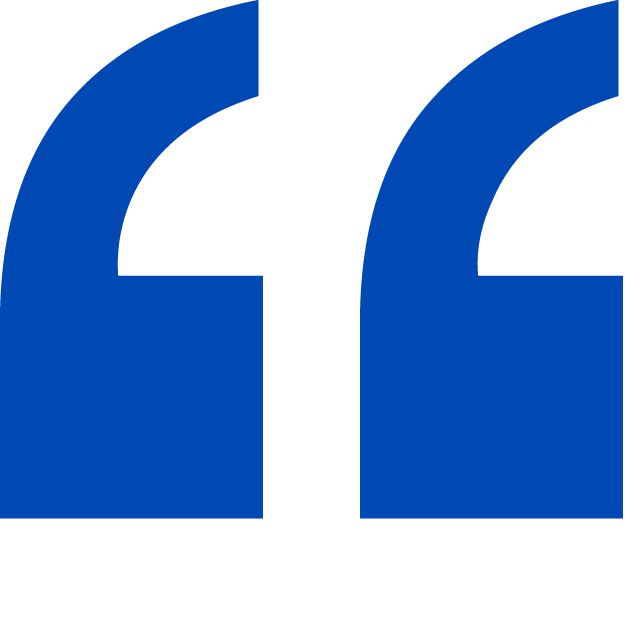Any business owner or manager understands that recurring revenue is vital to the long term stability and success of their organisation. Besides bringing in a predictable income, recurring revenue models offer numerous business benefits such as increased customer loyalty and lower cost of sales.
But recurring revenue management takes work. Companies need to have the right systems in place to navigate the complexities of periodic charges.
That’s why we’re going back to basics here – delving into exactly what recurring revenue is; the relationship between periodic income and profitability, and offering up our top tips for effective recurring revenue management. Buckle up.
Recurring Revenue Defined

First stop: let’s be clear what is meant by “recurring revenue.”
It is an often misunderstood term that should not be confused with “repeat custom”. Recurring revenue refers to specific business models in which customers purchase on a consistent basis. A cross sell opportunity could indeed lead to consistent, periodic income but not every cross sell, up sell or bundled add on may be recurring in nature.
Ventana Research states that recurring revenue business models “involve three types of selling and billing structures.” These are, “a one-time transaction plus a periodic service charge; subscription-based services involving periodic charges; or a contractual relationship that charges periodically for goods.”
Note the repetition of “periodic” above and not a single mention of the word “repeat”.
It’s not just SaaS – the rise of recurring revenue models
If you’re thinking that recurring revenue is solely a SaaS business model, stop those thoughts now. Yes, SaaS businesses do primarily sell their services on a recurring basis but to conflate SaaS with recurring revenue is not accurate.
Most businesses – we’re talking B2B, B2C, charitable organisations – can include elements of periodic charges in their cash inflows and many successfully incorporate both recurring and non-recurring revenue streams into their business modelling.
A recent Deloitte Flashpoint takes this point further and claims that companies are actively transitioning from traditional business models towards flexible, consumption based ones. This “significant” move is said to offer greater insights into customer behaviour, touching upon how recurring revenue is intricately tied up in metrics such as customer lifetime value (CLTV), customer attrition and overall business profitability.
Recurring revenue systems and business profitability

So how, precisely, does recurring revenue impact upon profitability? Rather than repeat calculations to explain acronyms such as ARR (annual recurring revenue) and MRR (monthly recurring revenue), we’d like to share the following static from MyCustomer.com: Recurring revenue accounts for 30-40% of most companies’ total revenue while making up 50% or more of profit.
By providing companies with ongoing opportunities for customer satisfaction and customer interaction, recurring revenue models drive customer loyalty. And as numerous studies have noted, the cost of acquiring new custom far outweighs the cost of keeping your existing customers. Keep your renewable sources of revenue happy and you can achieve:
- Predictable income to help stabilise cash flow
- Agility needed to scale
- Lower customer churn rates
Put this all together and recurring revenue is a key driver of profitability.
What’s more, recurring revenue can increase the value of your business. Just take the real world example of Blockbuster V Netflix. The once popular brick and mortar business Blockbuster, provided dvd and video rentals using a model that prioritised one-off transactions. In 2010, they went bankrupt with $900 million in debt. Conversely, as of April 2020, the movie streaming platform, Netflix, was worth $194 billion. The difference? Netflix is a subscription only service.
Recurring Revenue Management (RRM): What good looks like

Effective management of recurring revenue does not occur in a vacuum.
It takes a concerted effort, frequently involving technological transformation to help marry the departments of sales, finance and customer service.
Here’s five things you need to consider when adopting a recurring revenue management (RRM) solution.
Customer segmentation: Can you segment your base by demographic or firmographic details to create individualised offers?
Capability to manage recurring billing: integration between billing systems, invoices and statements to be provided in different formats (HTML, pdf).
Near real time data reporting: for the ultimate in customer insights
Seamless integration with other platforms: RRM should speak to CRM (customer relationship management) systems and ERP (enterprise resource planning).
Facilitates customer care: effectively manage cross sells, upsells and deliver nothing but excellent customer care to retain your recurring client base. Consider also how to provide customers with self-service options for managing accounts.
With latest figures suggesting that three in four organisations who sell direct to customers will offer some form of subscription services by the year 2023, the question becomes, how will you adapt?
Take regular payments with FastPay
If you are a business, club, charity or organisation that takes payments on a regular basis, FastPay is here to help simplify your collection process.
Our professional Direct Debit solutions enable businesses to save time, money and hassle. We offer two options: a Bureau service for those who already have their own SUN (service user number) from their bank and a Managed Service for SMEs, charities, limited companies and sole traders who can’t get a SUN – we’ll take care of this for you.
With a 24 hour set-up, straightforward pricing, transparent reporting and the option to integrate with your existing accounting software, FastPay is an affordable Direct Debit solution trusted by many to take care of their recurring payments. In short, we do it all while you stay in charge.
Find your Direct Debit solution by calling FastPay on 0161 737 5290.
Alternatively, you can request a quote or further information by submitting your contact details via our contact form.












